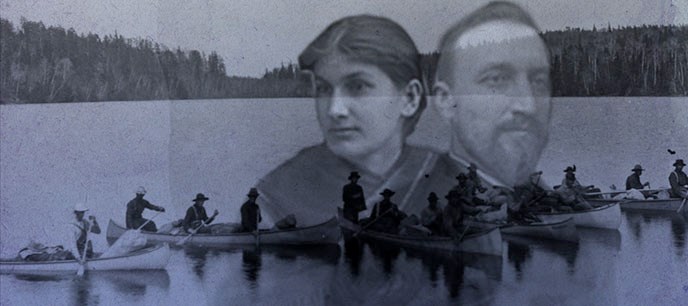As Treaties Recognition Week is recognized in Ontario, Métis people in the northwest are calling for an agreement made nearly 150 years ago to be honoured.
In 1875, Métis in the Fort Frances area signed an adhesion to Treaty 3 as a distinct group, which was the only example of a Métis community collectively bargaining Treaty negotiations with First Nations across Canada.
The adhesion was called the Halfbreed Adhesion to Treaty No. 3.
The next year, in 1876, the Indian Act was enacted and the federal government no longer recognized the treaty adhesion. The Métis were given the option of either opting for status under the Indian Act, or not having any treaty standing.
“Our unique history and existence as a Métis community in Northwestern Ontario with Treaty rights and broken Crown promises must be told as a part of Treaties Recognition Week’” said Theresa Stenlund, a member of the provisional council of the Métis Nation of Ontario.
Nicolas Chatelain, son of a French-Canadian father and a Saulteaux mother, interpreter, and Rainy River Metis Chief negotiated and signed Halfbreed Adhesion to Treaty No. 3. in the Fort Frances area as a distinct group of people.
Through the adhesion, Métis people in the Rainy River and Rainy Lake areas were promised reverse lands, benefits, and hunting and fishing rights in exchange for surrendering all claims, rights, and titles to the land.
In 2017, the Northwestern Ontario Métis Community signed an agreement with the federal government to begin negotiations to find what was described as a "shared solution." The Métis group has said they do not make any claims to, and do not seek any Treat 3 reserve lands held by individual First Nations, including Couchiching First Nation. They also said they do not intend to merge or become part of an existing Indian Act Band in Treaty 3.
